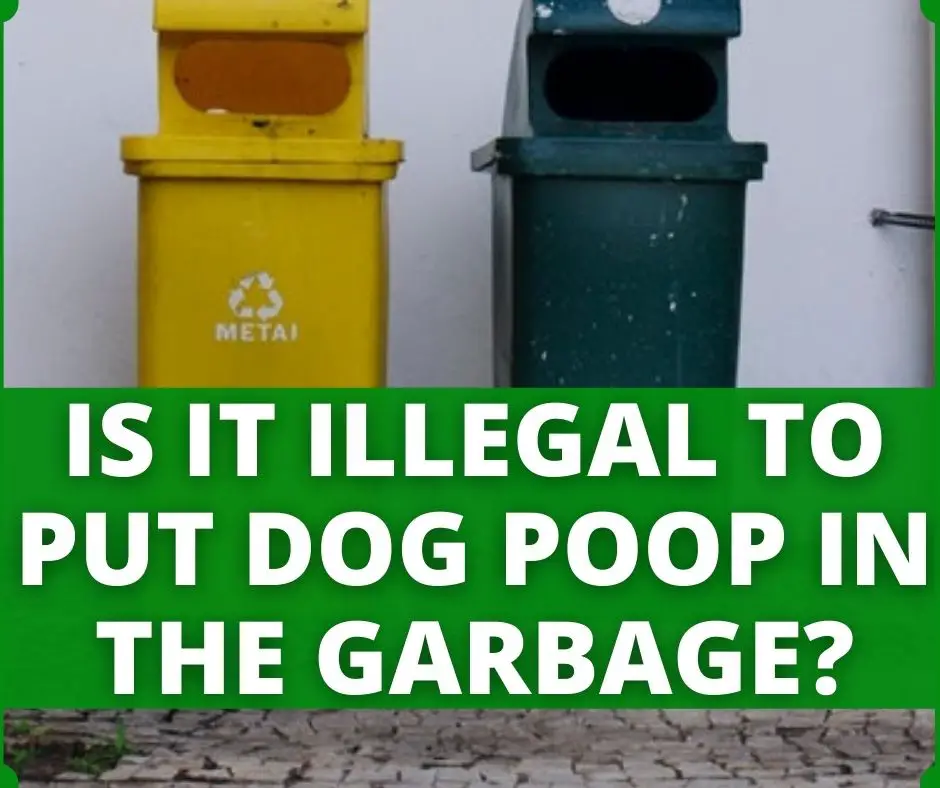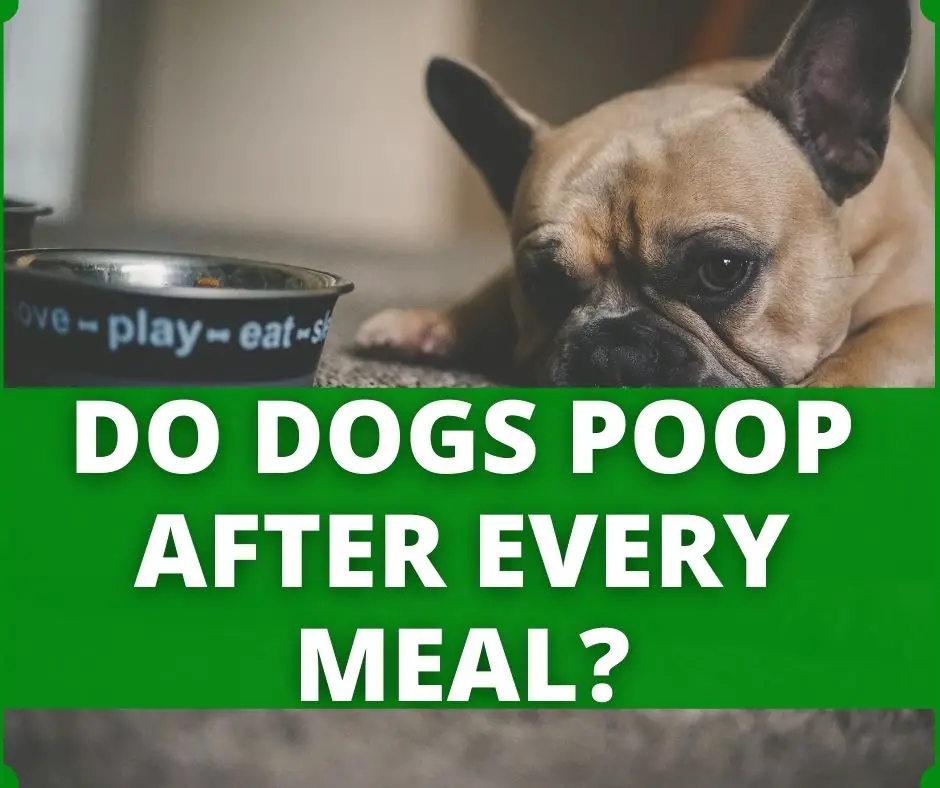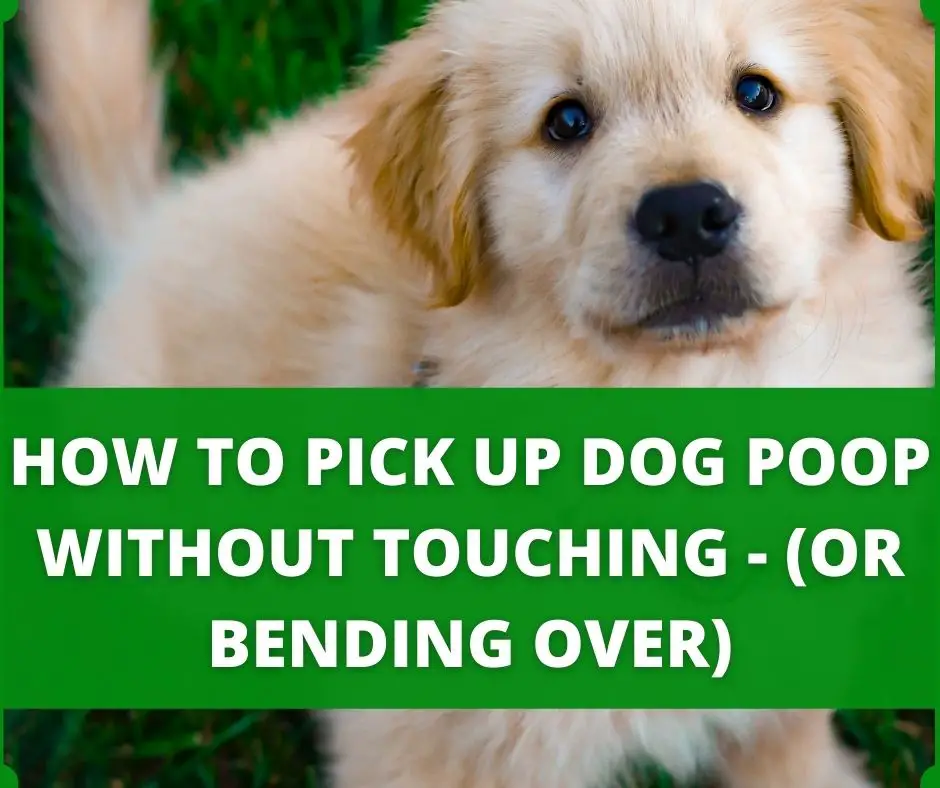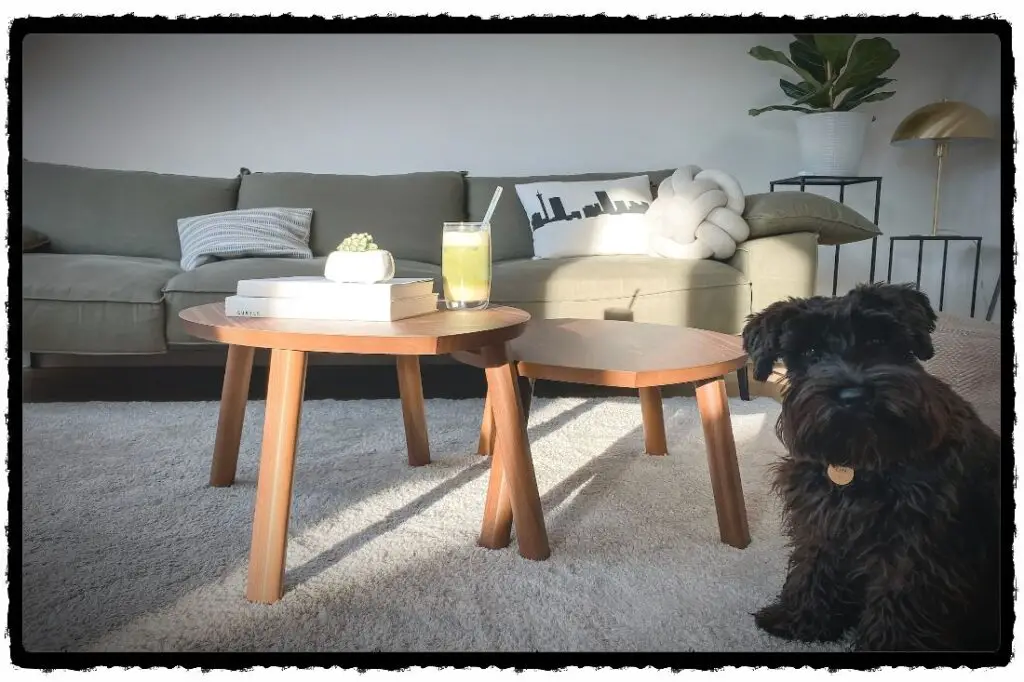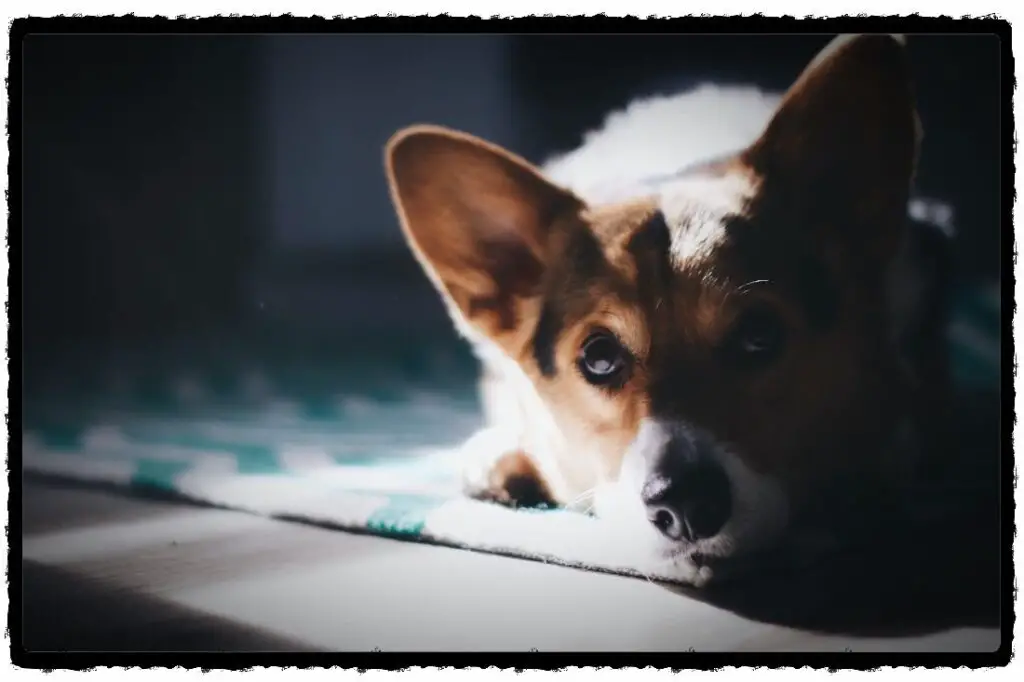Whether you found a new dog food brand that seems to be more healthy or inexpensive, or you just want to change what your dog eats, transitioning to new dog food can come with some ups and downs, like the dog pooping more with new food or maybe he is suffering from diarrhea or constipation.
In this article, I’m going to discuss some possible reasons why your dog might be pooping more when he is switched to new dog food. What to expect and when to worry? How to properly transition him to new food and a few more answers to a few more questions.
Moreover, we’ll see why your dog might be pooping less with new food; by the end of this article.
We’ll discuss it in detail.
But here’s the quick answer to your question:
“The most common reason for a dog pooping more with new food is that the dog’s stomach needs time to adjust to that new food. You can reduce this effect by gradually transitioning him to the new meal type. But as long as your dog looks fine and comfortable and this “more pooping” or “dog diarrhea” goes away within a week, there’s no need to worry. While there are a few other reasons that might cause this problem”
6 Reasons Your Dog Is Pooping More With New Food:
There are several reasons your dog might be pooping with a new brand of dog food.
1- The Dog’s Stomach Is Adapting To A New Food:
This is the number one reason for your pooping more when you are transitioning him to a new meal.
This especially happens when you switch him to the new food too fast.
Dog’s stomach can’t adapt to a sudden switch. It can cause diarrhea. But it should go away within a few days or within a week.
However, you should not switch him too fast.
Instead, use the gradual approach. At first, feed him 90% old food mixed with 10% new food. Then gradually increase the new food’s proportion so your dog’s stomach can adapt well.
Pooping more is not always a sign that the new dog food doesn’t suit your dog. Even if you are switching from a regular meal to a more healthy homemade food, there are still chances that you will see a negative effect in his poop at first.
2- More Fiber Content In New Dog Food:
It is possible that the new food you are giving your dog now contains more fiber than the previous one.
Dietary fiber functions bulk up the stool and absorb more water content, and thus it may cause more bowel movements.
But don’t worry, fiber is a good thing. Make sure you are feeding your dog the right amount of fiber as an excess of this thing has its own side effects.
3- More Moisture Content In New Dog Food:
There is always some level of moisture content in dog food. It doesn’t mean that water is added to the food, but the food’s ingredients contain moisture naturally.
Check if the new dog food contains more moisture content (check the label) compared to the previous one.
As long as your dog gets enough nutrients and water intake, he should be fine.
4- He Was Constipated Before That:
If the dog was constipated before that and now, because of the change of food he is recovering from it, he will poop more.
It must be the stuff stored previously that the body is now getting rid of.
5- Overeating:
Your dog loved the new food, and he ate more.
Maybe the new food requires a smaller portion than the previous one. So, you fed more than required.
Over-eating will cause the dog to poop more.
6- The New Food Is Not Suitable For Your Dog:
Last but not least, it is also possible that the new food is not suitable for your dog. but this situation is rare.
It might contain any ingredient that your dog is allergic to. Or maybe your canine’s stomach is so sensitive.
A certain mix of ingredients can also cause a specific dog.
If your dog is:
- Vomiting along with diarrhea
- Itching
- Lethargic
- Aggressive
- Pooping with blood
- And the diarrhea is not going away for more than a week or two.
Then these are the sign that the new food is not suitable, and you should take him to the vet. Don’t forget to bring the new food packet (label) to show the doctor.

What To Do When Your Dog Is Pooping More With New Food?
When you find out your dog is in this situation, the best thing is to wait for a day or more and see if he shows any of the above (negative) signs like vomiting, weakness, aggressiveness, or pooping blood.
You must reduce the new food and gradually add it to the old diet.
The dog must be fine within a few days. But still, if you are concerned, it is best to see the vet.
What To Expect When You Are Transitioning Your Dog To A New Food?
When you are switching your dog to a new food. You can expect these things
- It’s common to see some mucus in the dog poop.
- Pooping more or diarrhea poop is normal (but it should go away in a week)
- More stinky poop.
- Slight changes in feces color. (it should not be red)
- You can expect your dog to be fine in a week (or a maximum of 2 weeks)
When To Worry About The Dog Pooping More With New Food?
When your dog is vomiting along with pooping more, there is red color in the poop; the diarrhea is not going away for more than 1-2 weeks, and he looks lethargic and aggressive; these are the signs that you should visit the vet. And return to the old food.
It is always best to check with the vet before drastically changing your pet’s meal.
How To Properly Transition A Dog To A New Food?
The proper way of transitioning the dog to a new food is:
- Ensure that the new food does not contain something to which your dog is allergic.
- It is best to confirm with the doctor before transitioning.
- Know that not one dog food is best for every dog. You will have to find out the one that suits yours.
After checking all these things, gradually start the transition.
AKC recommends this way:
Day 1: 25% new diet, 75% old diet.
Day 3: 50% new diet, 50% old diet.
Day 5: 75% new diet, 25% old diet.
Day 7: 100% new diet.
If your dog’s stomach is more sensitive, you should start with 10% new food and follow a more gradual approach. He will be transitioned in more days.
How Long Does It Take For A Dog To Adjust To A New Food?
It should take around 5-7 days for a dog to adjust to a new food. The gradual method of food transition will be easy on your dog’s stomach. A dog with a more sensitive stomach may take 2-3 weeks.
What Else Can Cause Your Dog To Poop More?
Other than the food, a few more things can cause your dog to poop more than usual. Like
- Stress and anxiety
- Bacterial infection
- Allergies
- Food intolerance
Here are a few more frequently asked questions:
The dog is pooping less with new food?
A change in the dog’s pooping patterns is normal while transitioning to a new food. Your dog may be pooping less because of the low content of fiber or water in it. He might be eating less than usual. The best practice is to gradually transition him to a new food.
If your dog is otherwise healthy and his poop looks normal, there should be nothing to worry about. His stomach will adjust within a week or two.
But if you see your dog is sick or uncomfortable. If his poop is hard or he is in pain while pooping, skip the new food and visit the vet.
Do Dogs Poop More When Changing Food?
It can happen that your dog poops more when you are changing the food. It happens because the stomach needs time to adjust. The new food may contain more amount of fiber or moisture content.
What Happens If I Change My Dog’s Food Too Fast?
If you change your dog’s food too fast, his stomach will become upset. He might get diarrhea because of a sudden drastic change.
So, the best thing is to change the food gradually.
What Food Makes Dog Poop A Lot?
Food that contains a good enough quantity of dietary fiber and moisture will cause your dog to poop more. You can check the food label to find out.
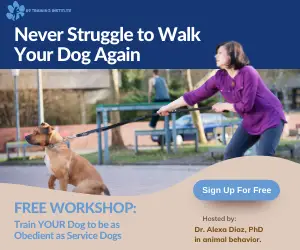
Is It Normal For Dogs To Have Diarrhea When Switching Food?
It is quite normal for a dog to have diarrhea when switching food, especially when you suddenly change it instead of gradually transitioning him.
But this diarrhea should start getting better within a few days.
I hope this article helped; if you have any more questions, feel free to ask in the comments.
Why not read some more helpful stuff that’ll help you raise and take care of your dog better.

